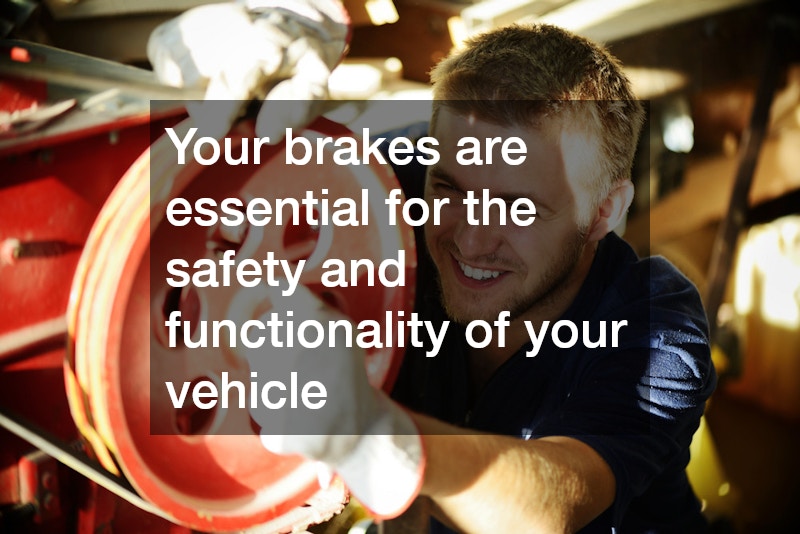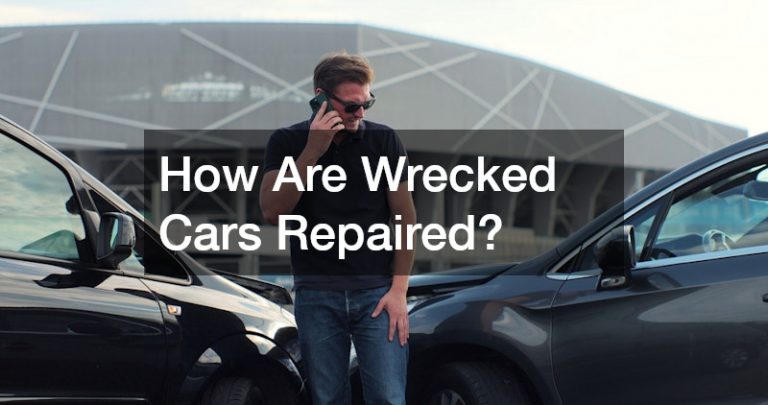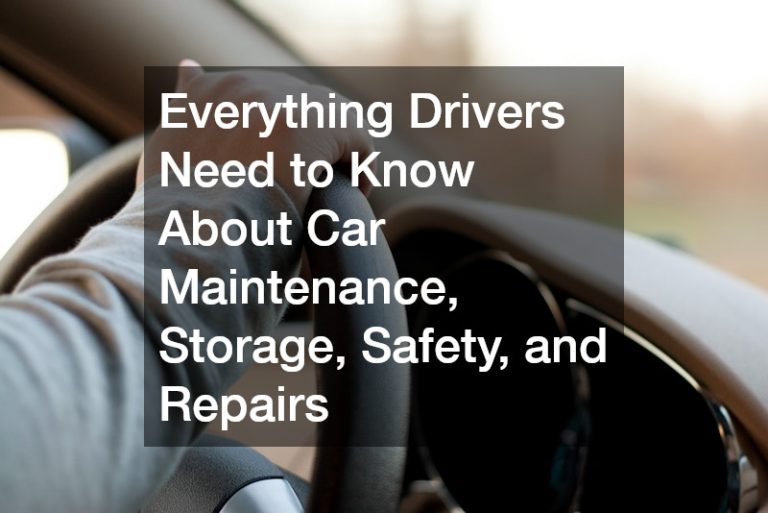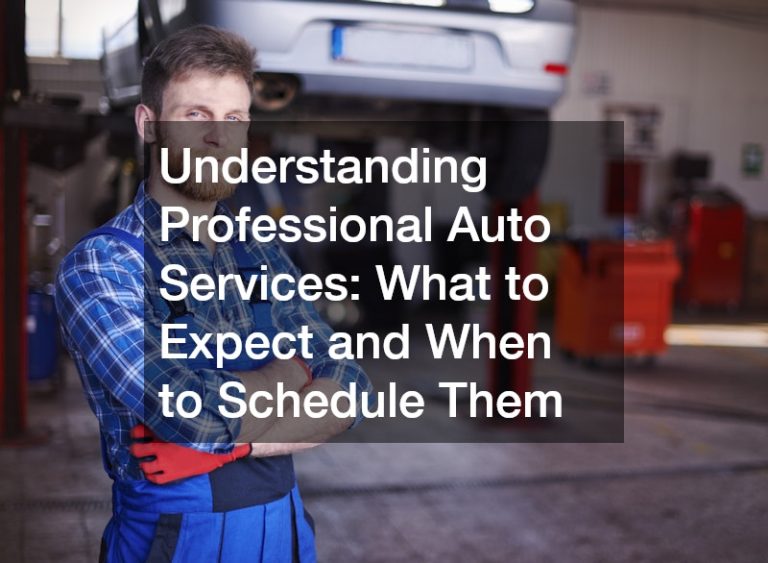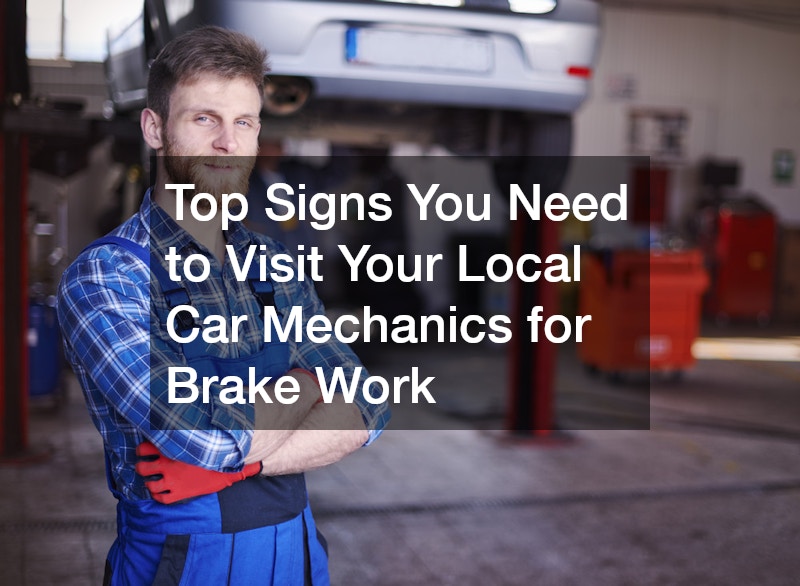

Your car’s braking system is one of the most important safety features, and its maintenance should never be overlooked. A properly functioning brake system is essential for ensuring your safety on the road and preventing accidents. If you notice any signs of trouble, it’s important to visit your local car mechanics as soon as possible to avoid more serious problems down the line. Below are the top signs that indicate it’s time to take your vehicle to the local car mechanics for brake work.
1. Squeaking or Squealing Sounds When Braking
One of the most common signs that your brakes need attention is when you hear squeaking or squealing sounds while braking. This noise is usually caused by the brake pads wearing down and becoming thin. Many modern brake pads are equipped with a built-in wear indicator that produces this high-pitched sound to warn you that they need replacing. If you hear this sound consistently, it’s important to visit your local car mechanics to replace the brake pads before further damage occurs to your braking system.
2. Grinding Noise When Braking
A more serious sound to listen for is a grinding noise when you apply the brakes. This indicates that the brake pads have worn down completely, and the metal components of the brake system are rubbing together. This metal-on-metal contact can cause significant damage to your rotors, which are much more expensive to replace than brake pads. If you hear a grinding noise, it’s crucial to stop driving the vehicle and visit your local car mechanics immediately for brake repairs.
3. Soft or Spongy Brake Pedal
When you press the brake pedal and it feels soft or spongy, it could be a sign that there’s an issue with the brake fluid or the brake lines. Low brake fluid levels, air in the brake lines or a brake fluid leak can all cause this problem. A soft brake pedal reduces your ability to stop the car quickly, which could be dangerous. If you notice this issue, it’s important to have your brake system inspected and serviced by local car mechanics to ensure your vehicle is safe to drive.
4. Vibrations When Braking
If you feel vibrations or pulsations in the brake pedal when applying the brakes, it could indicate that your brake rotors are warped. Warped rotors can be caused by prolonged or uneven braking, such as riding the brakes on long downhill slopes. This issue should not be ignored, as it can affect the performance of your brakes and make it harder to stop your vehicle. Visit your local car mechanics to have the rotors resurfaced or replaced to restore proper brake function and avoid further damage.
5. Pulling to One Side When Braking
If your car pulls to one side when you apply the brakes, it may indicate that there is a problem with your brake system, such as uneven brake pad wear, a stuck caliper or an issue with the brake fluid distribution. This can be a dangerous issue, as it may make it difficult to maintain control of your vehicle while braking. If you notice your car pulling to one side, schedule an appointment with your local car mechanics to have the problem diagnosed and fixed before it leads to further complications.
6. Warning Lights on Your Dashboard
Many modern vehicles are equipped with a brake warning light or an ABS (Anti-lock Braking System) warning light on the dashboard. If either of these warning lights illuminates, it could indicate an issue with your brake system. The brake warning light may indicate low brake fluid levels or worn brake pads, while the ABS light may suggest a malfunction in the ABS system, which is crucial for maintaining control in slippery conditions. If these warning lights appear, it’s important to take your vehicle to your local car mechanics for an inspection.
7. Longer Stopping Distance
If you notice that it’s taking longer for your vehicle to come to a stop, it could be a sign that your brakes are not functioning properly. Worn brake pads, low brake fluid or issues with the brake lines can all contribute to a longer stopping distance. This is not only inconvenient, but it can also be dangerous, especially in emergency situations where quick braking is necessary. If you experience this issue, it’s important to visit your local car mechanics to address the problem before it puts you at risk.
8. Burning Smell While Driving
A burning smell while driving, particularly after heavy braking, could indicate that your brake pads or other components are overheating. This can happen if the brakes are used excessively or improperly, such as when driving down steep hills without shifting into a lower gear or riding the brakes. Overheating can cause brake fade, reducing the effectiveness of your braking system and increasing the risk of an accident. If you notice a burning smell, pull over and allow your brakes to cool before visiting your local car mechanics to inspect the system for any damage.
9. A Hard Brake Pedal
If you find that your brake pedal is unusually hard to press, it could indicate an issue with the brake booster, which is responsible for making the brake pedal easier to press. A hard brake pedal can make it more difficult to stop your vehicle, posing a serious safety risk. This issue should be addressed immediately by your local car mechanics, as it may require a replacement brake booster or another repair to restore proper brake function.
Your brakes are essential for the safety and functionality of your vehicle, and it’s important to recognise when they need attention. If you experience any of the signs mentioned above, don’t delay in visiting your local car mechanics for brake work. Whether you’re dealing with worn brake pads, warped rotors or a brake fluid leak, professional car mechanics can diagnose the issue and carry out the necessary repairs to ensure your vehicle remains safe and reliable on the road. Regular brake maintenance is key to preserving your car’s performance and ensuring your safety, so don’t hesitate to get expert help when you need it.
.
